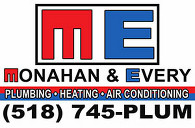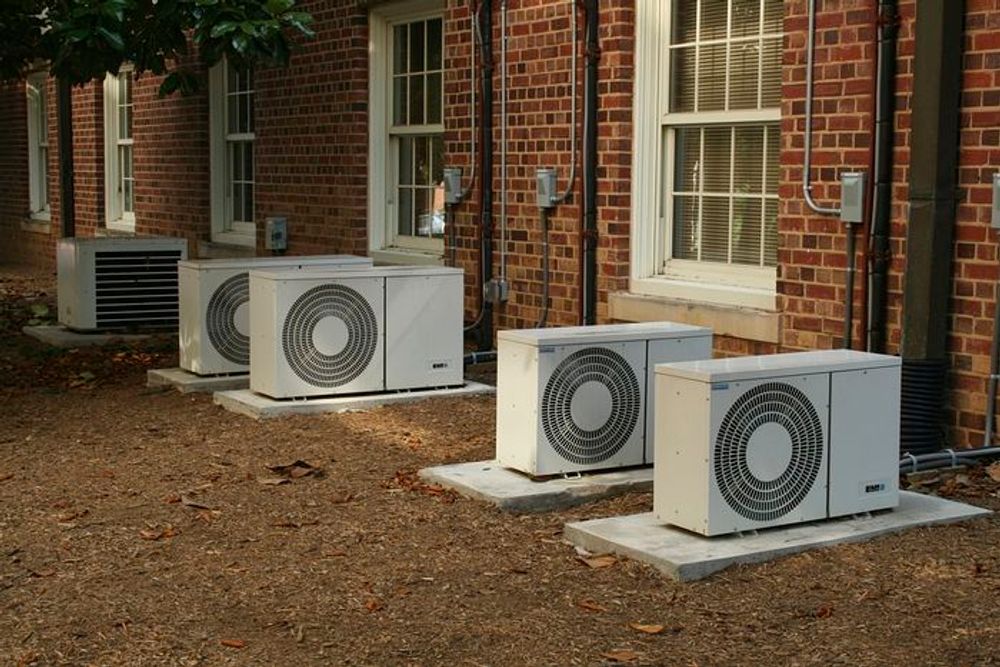

Call ME For All Your Plumbing and Heating Needs

Call Us For Free Estimates
How Regular Heating System Maintenance Can Save You Money and Improve Comfort
When winter rolls in, having a reliable and efficient heating system becomes one of the top priorities for homeowners. Whether you rely on a furnace, heat pump, or another heating method, maintaining these systems regularly is crucial for ensuring that your home stays warm without breaking the bank. Heating system maintenance might seem like an additional chore, but it’s actually an investment that can save you money, increase comfort, and extend the life of your equipment.

This article dives into the importance of regular heating system maintenance, why it’s essential for safety, efficiency, and comfort, and how proactive care can prevent costly repairs and breakdowns. By the end, you’ll understand why taking the time to schedule routine maintenance is one of the most cost-effective steps you can take to ensure your home remains comfortable and energy-efficient through every winter season.
The Importance of Heating System Maintenance
Heating systems, just like any other home appliance, require routine care to perform optimally. Regular maintenance of your heating unit is not only about ensuring warmth during the coldest months but also about avoiding long-term problems and expensive repairs. Below, we’ll explore the key benefits of regular heating system maintenance:
1. Efficiency and Cost Savings
Over time, heating systems naturally accumulate dust, dirt, and debris. When these particles infiltrate the internal components of your furnace, heat pump, or other heating units, they can impede airflow, reduce heat production, and force the system to work harder to achieve the same results. A system that is not running efficiently will require more energy to heat your home, leading to higher utility bills.
How Regular Maintenance Improves Efficiency:
- Cleaning Components: During regular maintenance, a professional technician will clean the internal components of your heating system, including the burner, coils, or heat exchanger, depending on the system you have. This ensures that the components operate at peak efficiency.
- Checking Ductwork: Clogged or damaged ducts can prevent heat from properly circulating throughout your home. A professional maintenance check will include inspecting and cleaning ducts to prevent blockages and air leaks, ensuring that every room gets consistent warmth.
- Thermostat Calibration: A malfunctioning thermostat can cause your heating system to run longer than necessary or fail to accurately regulate the temperature. During an inspection, technicians will calibrate or replace faulty thermostats, optimizing system operation.
An efficient heating system uses less energy to reach the desired temperature, which translates into lower energy bills. Regular maintenance can lead to a 10-25% reduction in energy consumption, depending on the type and age of your system.
2. Improved Air Quality
Another key benefit of regular heating system maintenance is the improvement in indoor air quality. Air quality is a critical factor in the health and comfort of your home, especially during the winter months when windows are closed, and homes are sealed tightly to retain heat. A poorly maintained heating system can circulate allergens, dust, and even mold spores throughout the home, exacerbating respiratory issues and allergies.
How Maintenance Improves Air Quality:
- Replacing Filters: One of the simplest and most effective ways to improve air quality is by replacing the air filters. Dirty filters trap dust and particles that would otherwise be filtered out. When filters become clogged, they can’t perform their job properly, allowing contaminants to circulate. Regularly changing your air filters (every 1-3 months) ensures that clean air flows through the system.
- Cleaning the Coils and Blowers: Dust and mold can accumulate on various parts of your heating unit, such as the coils, blower fans, and heat exchangers. Professional maintenance will clean these components, ensuring they don’t spread allergens or mold spores into the air.
This maintenance process not only helps improve the air quality in your home but also reduces the strain on your heating system, leading to better efficiency and longevity.
3. Extending the Lifespan of Your Heating System
Heating systems are major investments in your home, and like all appliances, they will eventually wear out. However, regular maintenance can extend the lifespan of your system, helping you get the most out of your equipment before needing to replace it. While most heating systems last between 10 to 15 years, a well-maintained unit can reach the higher end of this range and beyond.
How Maintenance Extends Lifespan:
- Early Detection of Problems: Routine inspections allow technicians to spot small issues before they escalate into more serious problems. For example, if a small part like a fan belt is starting to fail, replacing it before it breaks can prevent more costly damage to the entire system.
- Replacing Worn Parts: Some components of your heating system, like belts, motors, and fans, naturally experience wear and tear. Regular maintenance allows technicians to replace these parts before they wear out completely, ensuring that the system continues to run smoothly without overworking other components.
- Preventing Overuse: By keeping the system clean and well-calibrated, maintenance prevents it from being overworked. A system that is forced to run inefficiently will age faster and require more frequent repairs. Regular maintenance ensures that your heating system operates within optimal parameters, reducing the frequency of breakdowns and the need for costly repairs.
4. Safety Concerns
Safety is one of the most crucial reasons for regular heating system maintenance, particularly with gas-powered units like furnaces. A malfunctioning heating system can pose significant safety risks, including carbon monoxide poisoning, gas leaks, and even fires.
How Regular Maintenance Improves Safety:
- Carbon Monoxide Detection: Gas-powered heating systems can develop dangerous carbon monoxide (CO) leaks if there are cracks in the heat exchanger or issues with ventilation. CO is a colorless, odorless gas that can be deadly in high concentrations. During a maintenance check, technicians will inspect the heat exchanger and venting systems for leaks and ensure that all components are functioning properly to prevent CO buildup.
- Gas Line Inspections: Leaky or damaged gas lines can lead to dangerous situations, including gas explosions. A certified technician will check the gas lines for signs of wear, corrosion, or leaks and repair them before they pose a risk to your home.
- Fire Hazards: Over time, dust and debris can accumulate in heating systems, particularly in furnaces. This buildup can ignite if the system is running at high temperatures. Regular cleaning prevents this buildup and reduces the risk of fire hazards.
Heating system maintenance is not only about ensuring comfort but also about protecting the health and safety of your family.
Best Practices for Heating System Maintenance
To maximize the benefits of regular heating system maintenance, follow these best practices:
1. Replace Filters Regularly
One of the easiest and most effective ways to maintain your heating system is by replacing the air filters regularly. A clogged or dirty filter reduces airflow and forces the system to work harder, reducing efficiency. For most households, filters should be replaced every 1-3 months depending on usage, pets, or allergies. In homes with pets or high dust levels, more frequent filter changes are recommended.
2. Have a Professional Inspection Before Each Heating Season
Even if your heating system seems to be running fine, it’s always a good idea to have a professional technician inspect it before each heating season. This ensures that the system is ready to operate at peak efficiency and can help identify potential problems early on.
3. Bleed Radiators Annually
If you have a hot water or steam radiator heating system, it’s important to bleed the radiators at least once a year. Air can get trapped in the radiators, causing them to function less efficiently. Bleeding the radiators removes the trapped air, ensuring even heat distribution throughout your home.
4. Insulate Your Ductwork
Leaky or poorly insulated ducts can result in heat loss, making it harder for your heating system to warm your home. Insulating your ducts helps maintain heat as it travels through the system, improving overall efficiency. Have your ducts inspected for leaks during maintenance and seal any gaps to prevent heat loss.
5. Check and Calibrate the Thermostat
A thermostat that is out of calibration can cause your heating system to overheat or underperform. A technician will check the calibration of your thermostat during the maintenance check and recalibrate it if necessary, ensuring that the temperature settings align with the actual indoor temperature.
Regular maintenance is an essential part of homeownership, especially when it comes to heating systems. It ensures that your home stays warm and comfortable while saving you money on energy bills, reducing the need for expensive repairs, and extending the life of your system. Whether it’s a furnace, heat pump, or another heating unit, a little proactive care can go a long way in maximizing efficiency, improving air quality, and safeguarding your home.
By scheduling routine inspections, replacing air filters, and addressing small issues before they become major problems, you can keep your heating system running smoothly for years to come. Don’t wait for a breakdown to remind you of the importance of heating system maintenance—take action now to stay comfortable and safe all winter long.

